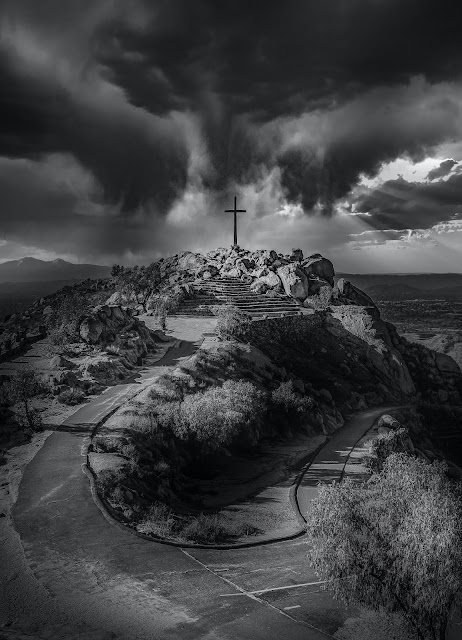For You Will Always Have the Poor

Matthew 26:11: “For you always have the poor with you, but you will not always have me.” Mark 14:7: “For you always have the poor with you, and whenever you will, you can do good to them; but you will not always have me.” John 12:8: “The poor you always have with you, but you do not always have me.” At different times, Jesus’s statement concerning the poor’s ubiquity has been amplified by the assertion that the poor in the United States today live better than the royalty of antiquity. These statements seem to be justifying a certain lethargy concerning addressing the needs of the poor. A closer look at the context of Our Lord’s statement may help contextualize our perceptions of poverty and our responsibilities thereto. What is the context within which Jesus Christ asserted this? It was six days before the Passover and Christ’s Passion and Death. Christ was in Bethany and attended a dinner in his honor at the home of S...





